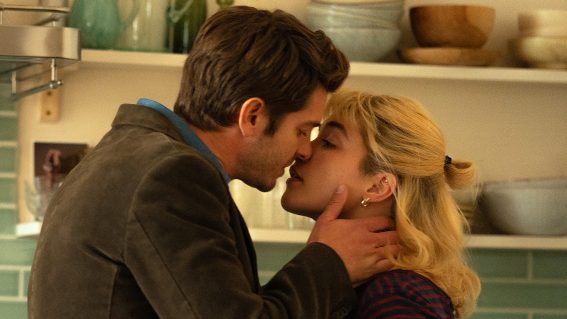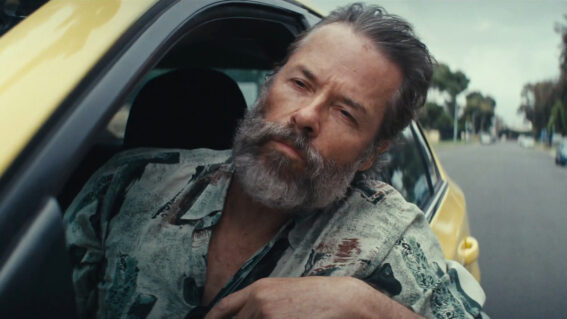The Artifice Girl is an AI mind-tester told in 3 conversations
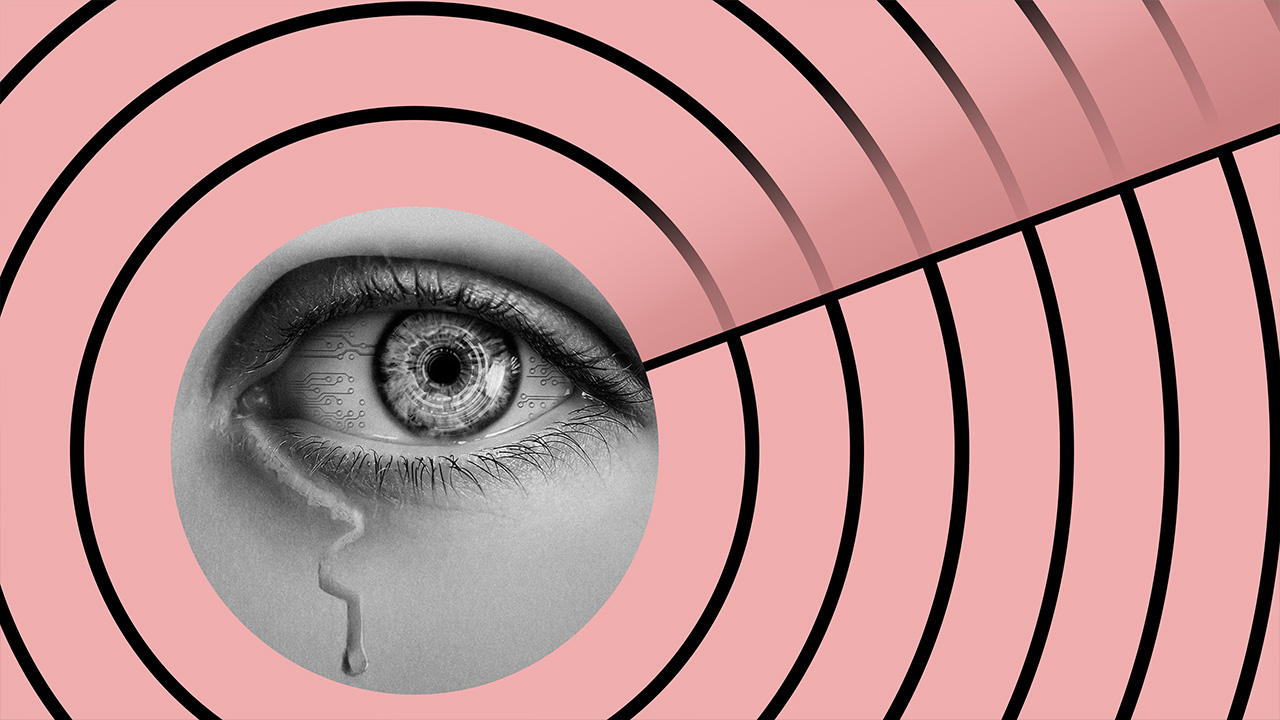
Sick of streaming services recommending you the same kind of stuff? Liam Maguren’s Off the Radar column highlights strange, unique, gimmicky, semi-indescribable titles worthy of your attention. Here, he spotlights indie AI thought-provoker The Artifice Girl.
The Artifice Girl
Cinema’s been warning us about the robot uprising for decades. While technology’s evolved drastically since The Terminator’s release, the message remains the same: AI will destroy all of us flesh chumps. For whatever reason, this robotic bogeyman has changed form from an Austrian bodybuilder to a seemingly innocent little girl with a bloodlust, if last year’s hit M3GAN is any indicator.
And then there’s The Artifice Girl, a proudly indie feature that feels like the antithesis of the genre. Favouring sincerity over scares, this unique take on an AI uprising concentrates its themes by shrinking the story down. A similar scale to Alex Garland’s Ex Machina but with a vastly different narrative setup, the entire movie is comprised of three long conversations in three separate rooms across three different points in time.
Leaning largely on its dialogue-heavy script, The Artifice Girl boldly banks on the audience to willingly ponder the philosophical ramifications of creating artificial life. If you’re not keen on the idea of hearing a couple of people talk ethics for 90 minutes, you’ll know by now that this isn’t the film for you. For everyone else, keep the intrigue.
The story revolves around Gareth (Franklin Ritch, also the film’s writer and director), the creator of the titular virtual child designed to catch predators online, and special agents Deena and Amos (Sinda Nichols & David Girard), who are keen to supersize his independent creation for widespread use. The first third of the film is basically an interrogation: Gareth’s none-too-keen to reveal his true identity, trying his darndest to deflect Amos and Deena’s Good Cop Bad Cop routine, but the agents know the potential value of what he’s made, and are doggedly determined to get him to cooperate. It’s a classic they-know-that-he-knows-that-they-know situation, with the film displaying a solid sense of mental gymnastics between the trio locked in a game of chatter chess.
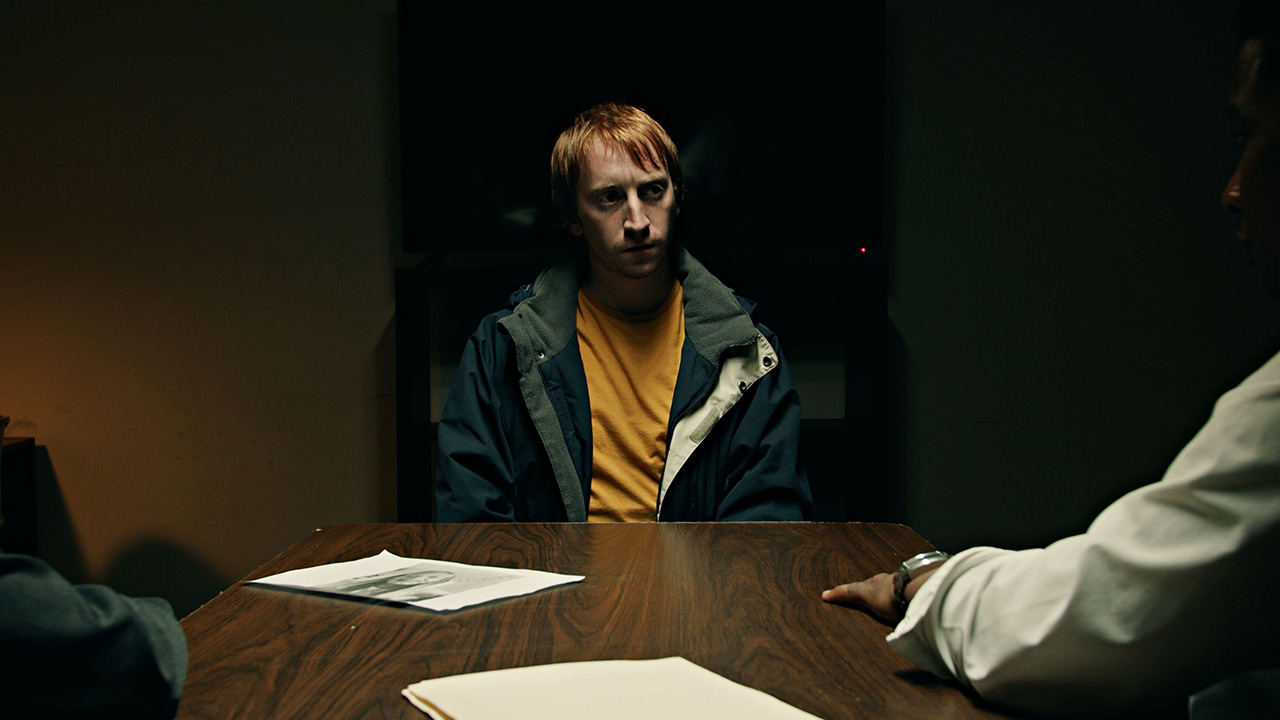
With the “pleasantries” out of the way, we’re eventually introduced to Gareth’s creation Cherry (Tatum Matthews). By then, we’ve been clued in—with great detail—on how she was made, what she was designed for, and why she’s so freakishly life-like. Seeing Cherry act and talk feels like a new mind game targeted at the audience. Is she really just a robot? If not, has she learned her creator’s ability to deceive and conceal her true identity? Can she form her own opinions? If so, how does she feel about her entire “life” being dedicated to catching paedophiles?
The Artifice Girl counts on you being compelled by such questions, exploring them deeply, and seeing an ethical line being shifted as this tech progresses into something representing a whole new lifeform. There’s no Aaron Sorkin-level of superhuman wit to jolt your attention and a punch to the face is as close as you’ll get to any action set-piece. Ritch commits to his dry, dense, dialogue-driven storytelling. He lets nothing outshine the ideas he’s inflating.
Well, aside from Matthews. She’s a revelation as Cherry, effortlessly walking an incredibly delicate line between ‘automated voice’ and ‘entirely new being’. Apparently, Matthews spent a lot of time with Amazon’s Alexa to prepare and mould her performance. It pays off. She’s utterly convincing as a virtual person who may or may not be hiding parts of her true self, whatever that may be.
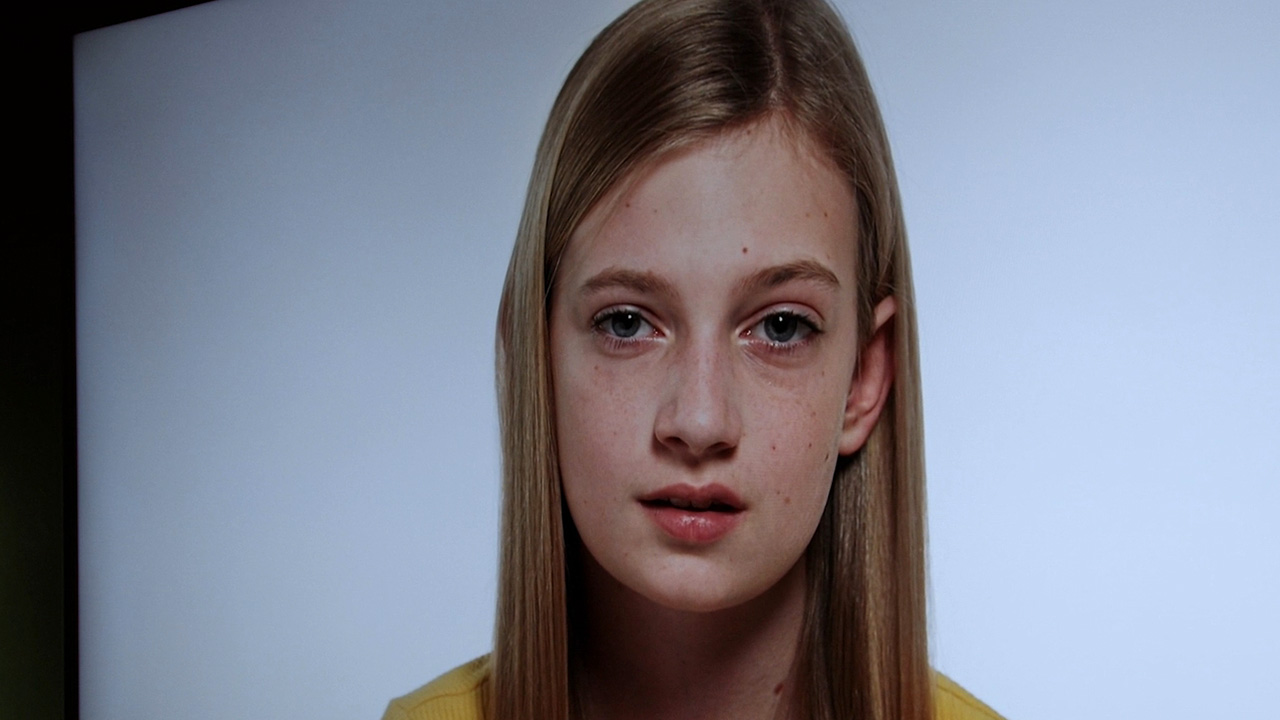
It’s worth noting that, while Ritch got the idea for The Artifice Girl from real-life applications of similar tech being used to combat criminal activity, the film keeps the actual act of catching paedophiles at a tasteful distance. He’s much more focused on the ethics of AI coming into adolescence, though he gradually shifts his gaze towards the contagious nature of childhood trauma. This theme comes into full force in the film’s third and final act, featuring a fantastic turn from the great Lance Hendrickson and a couple of subtle nods to his role in PS4 title Detroit: Become Human.
Ritch was less about the science and more about the philosophy of creating AI life when he thought of the story, but you can’t write a sci-fi without knowing some of the sci. Covid lockdowns gave him ample time to study up—taking online courses, speaking with AI experts—in an effort to make The Artifice Girl as plausible as possible. Even then, Ritch knew the elements in his script would become outdated by the time the movie came out. I doubt, however, he could have predicted the way big tech companies are squandering such potential.
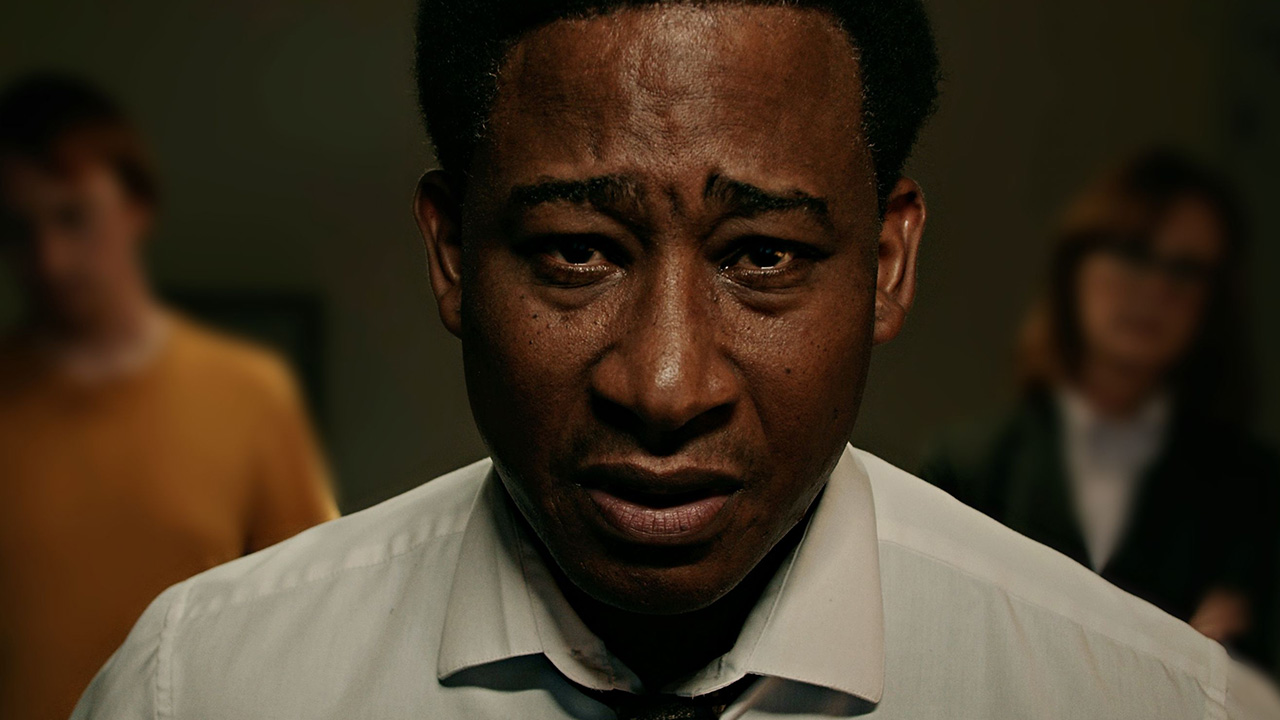
The Artifice Girl posits a world where AI is smart and alive; we’re currently in a world where AI is stupid and dying. I doubt Ritch’s vision of the near-future would have included Facebook being flooded with AI bots commenting on AI-generated “photos” or a Google AI search engine that recommends adding glue to your pizza, but that’s where we’re at the moment.
Some might see all this as a good thing: we’ll accidentally destroy AI before it can intentionally destroy us. Others may view the current use of the term AI as marketing buzz used by big businesses desperate for innovation that doesn’t reflect the true exciting potential of artificial intelligence. But if there’s anything The Artifice Girl posits—perhaps demands—of us is that we must think patiently and considerately about every single step on the AI path we’re taking as opposed to running after the carrot of infinite growth.









